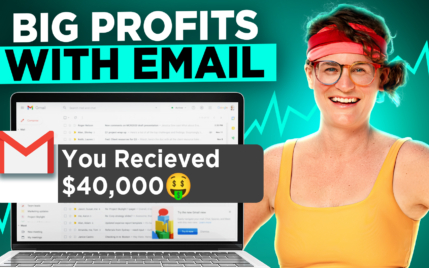Podcasts
Jared Bauman is host of the Niche Pursuits podcast and the Co Founder and CEO of 201 Creative, LLC. He is an expert in business strategy, marketing, and Search Engine Optimization (SEO). With almost 20 years of experience in business management and digital marketing, he brings a rich background of both knowledge and experience in helping companies grow.
Jared has a Bachelors of Science from the University of California, San Diego in Management Science. Prior to 201 Creative, he was a Co Founder and President of ShootDotEdit, the premium post processing company for professional wedding photographers worldwide.
Join the Niche Pursuits Newsletter for the latest updates Subscribe Here
